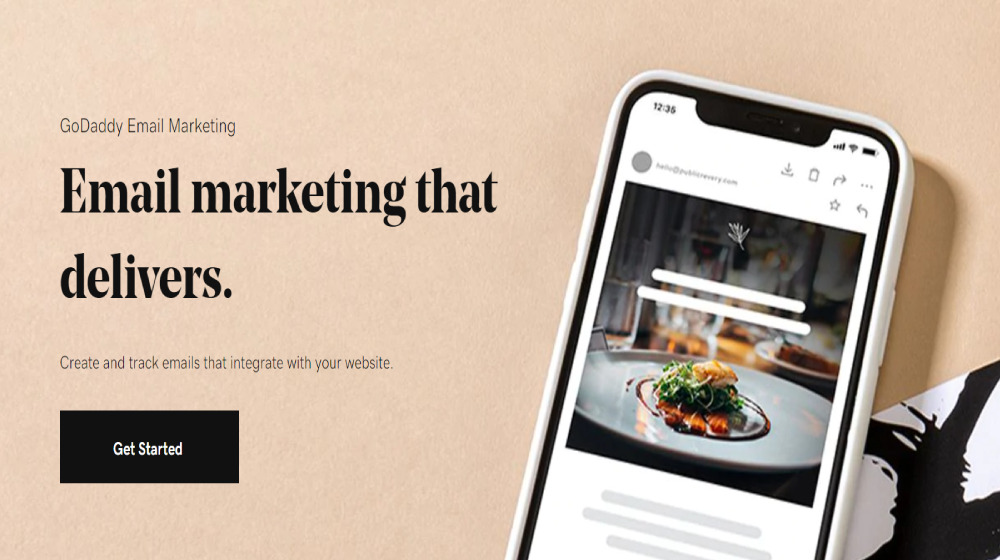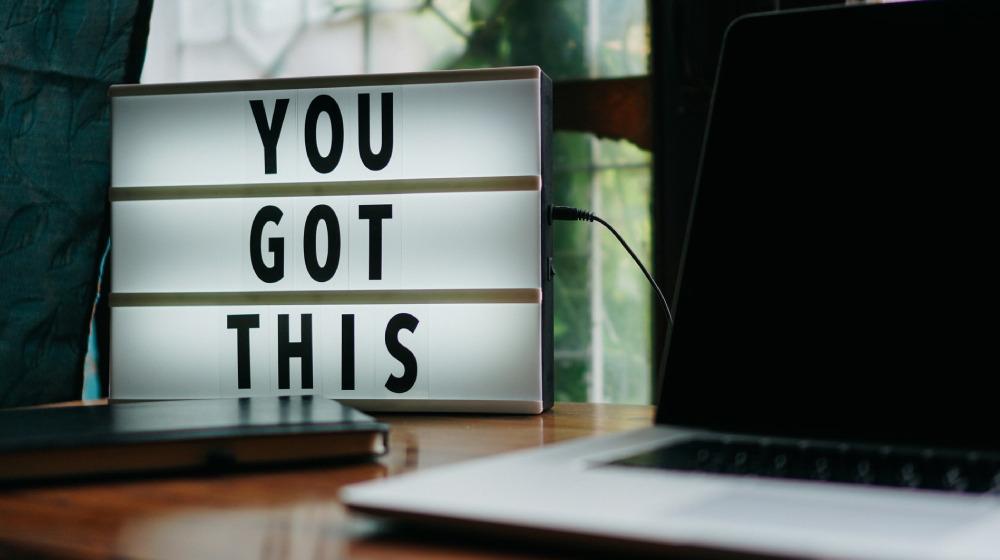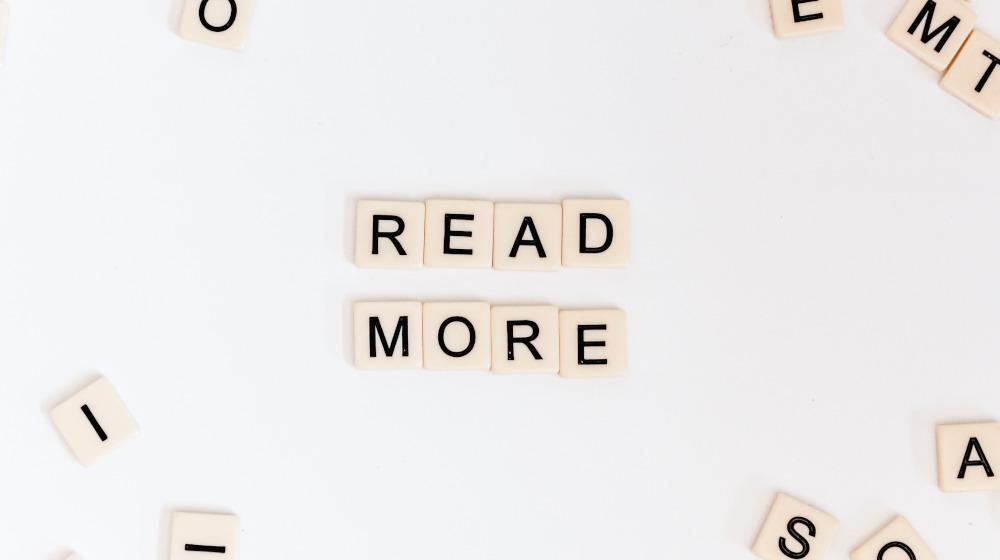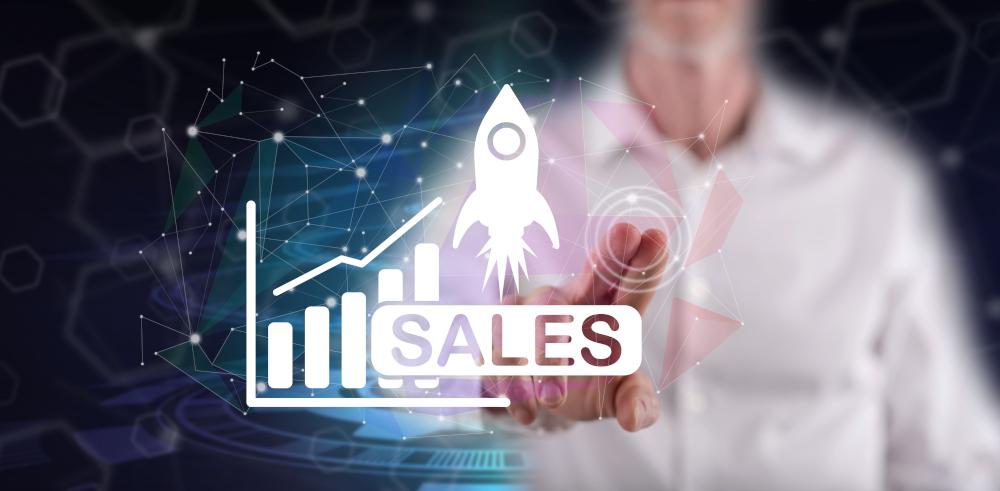There are countless ways to connect and communicate with your customers, from social media to mobile phones, focus groups, events - the list goes on. However, sending newsletters has proven to be one of the most profitable and effective marketing tools. And as Erik Harbison, co-founder and president of The Marketing Help said:
If social media is the cocktail party, email marketing is the meetup for coffee.
Additionally, it’s a more personal way of reaching and connecting with your target customers; getting to someone’s inbox is similar to being invited to their home for a cup of coffee.
Let’s have a look at the numbers:
- The average expected ROI is $42 for every $1 you spend on email marketing.
- Emails are 40x more effective at acquiring customers than Facebook and Twitter combined.
Now that you’ve seen the numbers, let’s dive in deeper for tips to consider when crafting newsletters.
Related: Create Your First Email Newsletter in 30 Minutes or Less
6 Tips for a compelling newsletter people will enjoy reading
1- Choose a catchy subject line:
Did you know that 33% of recipients open emails based on subject lines alone, and 69% report emails as spam based on subject lines?
If the subject line fails to grab a subscribers attention, it will probably end in the trash or spam folder. Writing an eye-catching subject line for newsletters is a must-have skill for any marketer.
Here are a few tips to help:
- Choose a subject line that conveys a sense of urgency. For example: 1 day left, ends soon, last chance, limited offer…etc.
- Create a subject line that generates curiosity; it should not give away all the information. “9 horrendous facts about Halloween” and “Who is more active on social media: men or women?” are good examples as they leave readers wanting to know the answers to those questions.
- Use personalized subject lines. Including your subscriber’s name is only one of several personalization tactics. Other tactics to consider include: sending birthday messages and related information based on the subscriber’s location, following up with them on a recent purchase, etc.
2- Avoid overly promotional content:
Have you ever subscribed to a company’s newsletter and a few days later your inbox becomes cluttered with emails pushing you to buy their products? The next time you see the sender’s name in your inbox, you’ll probably hit the unsubscribe button.
According to HubSpot, your newsletter should be 90% educational and 10% promotional. Why?
Customers are not interested in hearing about your products and services all the time. Try to get rid of self-promotion (unless you have important news about your product or service you’d like to share with your subscribers). A newsletter is a relationship-building tool that connects audiences to brand narratives.
3- Concise newsletter copy is key:
Although people between 25 and 34 spend around 6.4 hours a day checking their email, they only skim individual emails. This means your newsletter has to be short and get right to the point.
Sujan Patel, Entrepreneur and Digital Marketing Strategist said it loudly and clearly:
It’s not just the quality of your copy that’s important; the length matters too.
Other issues to consider when writing your copy:
- Use lots of white space to break up your copy: huge blocks of texts are intimidating, uninviting, and make it difficult for readers to find the information they need.
- Make use of bullets. It’s a good way of organizing text and breaking up long blocks of texts into small chunks.
- Write short sentences: short sentences are easier to understand than longer ones.
4- Keep your design clean and simple
A simple design avoids unnecessary distractions and allows you to hold your subscribers’ attention from beginning to end.
One good option for maintaining a simple design is a single-column design as it facilitates easy scrolling on mobile devices. It also ensures people will easily view the entire width of your newsletter on their smartphones.
Another thing to bear in mind is creating a visual hierarchy. Visual hierarchy is the principle of arranging elements to show their order of importance using size, colors, contrast and shapes.
Your design should communicate the essential elements of what you want your audience to focus on. Be mindful of your headers as well - the first 2 to 3 inches in an email are essential in gaining your readers’ attention and making a great impression.
5- Choose one primary call-to-action (CTA) in your newsletter:
Newsletters often feature more than one piece of content with multiple calls-to-actions. However, those CTAs should not share equal prominence.
It might seem that more CTAs give subscribers more options and therefore increase engagement with your brand. The truth is you should seek to strike a balance between options and simplicity.
Too many calls to actions might make your subscribers overwhelmed.
As for CTA placement, some experts recommend placing it above the fold; i.e. subscribers must view it without scrolling down, while others suggest putting it at the bottom of the email.
A few tips to consider when designing your CTA button:
- Use contrasting colors
- Make it interactive (e.g.: change colors when the mouse hovers over it)
- Ensure there’s enough white space around your button
- Make it big enough to be found quickly
6- Have a visible unsubscribe option:
The last thing you want is to have someone unsubscribe from your company’s mailing list. Does that mean omitting the unsubscribe link from your newsletter? Of course not. If your subscribers can’t find the unsubscribe button, they’ll simply report your email as spam, and you don’t want that.
You could be doing a great job at offering your readers the most valuable and engaging content, but it might not be the right fit for some of them. Your goal is to have a list of contacts who read your emails; those who don’t engage with your content are not valuable to you.
According to a survey conducted by Marketing Sherpa, the top four reasons for unsubscribing from email lists are:
- Receiving too many emails in general (26%)
- Emails are not relevant to the subscriber (21%)
- Receiving too many emails from the company sending the newsletter (19%)
- Emails are always trying to sell something (19%)
The above numbers indicate that email volume is the top reason why customers unsubscribe. Therefore, sending too many emails to subscribers is a turn-off.
Create your first email newsletter with GoDaddy in 30 minutes or less

Getting a newsletter up and running is quick and straightforward with GoDaddy Email Marketing. You can have a stunning newsletter created and sent in less than 30 minutes.
GoDaddy Email Marketing allows you to create a well-designed and professional newsletter that looks great, especially on mobile devices.
Email marketing is built into GoDaddy’s Websites + Marketing, making it a snap to create newsletters that perfectly reflect your brand’s look and feel.
GoDaddy Email Marketing guarantees you excellent deliverability, so your emails don't end up in the spam folder. And it provides you with great statistics that show you how many people are opening, engaging with, and sharing your email.
Related: Why GoDaddy Email Marketing and WordPress are meant for each other
Final words
The tips discussed in this article should serve as a starting point when crafting your newsletters, but you need to experiment to know what works for your company and your list.
In case you need more help, you can check this detailed guide from GoDaddy or GoDaddy’s Email Marketing Help page.
What are you waiting for? Get GoDaddy Email Marketing and launch your first newsletter campaign quickly!





